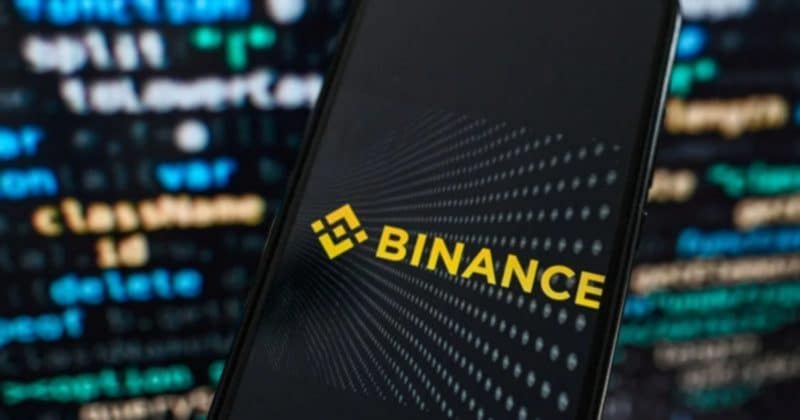The European Union has for years attempted to reduce its dependence on China for the minerals that are needed for the transition to cleaner energy, the defence sector and electric vehicle production.
Von der Leyen said the EU would seek to speed up critical raw materials partnerships with countries such as Australia, Canada, Chile, Greenland, Kazakhstan, Uzbekistan and Ukraine.The plan would also include greater efforts to recycle critical raw materials in products sold in Europe, she said.
“The aim is to secure access to alternative sources of critical raw materials in the short, medium and long term for our European industries,” she told a conference in Berlin. The scheme, called RESourceEU, would be similar to a plan the EU developed after Moscow’s 2022 invasion of Ukraine to cut its reliance on Russian energy, known as REPowerEU, she said.
“We will focus on everything from joint purchasing to stockpiling. We will boost investment in strategic projects for the production and processing of critical raw materials here in the European Union,” she added.On October 9, China imposed export restrictions on rare earths and battery materials. Western governments and analysts view the increased curbs as part of China’s response to trade tariffs imposed by the United States.But von der Leyen said it also had a huge impact on Europe, in industrial sectors, including automotive, defence, aerospace, AI chips and data centres. “If you consider that over 90% of our consumption of rare earth magnets comes from imports from China, you see the risks here for Europe and its most strategic industrial sectors,” she said.
“In the short term, we are focusing on finding solutions with our Chinese counterparts. But we are ready to use all of the instruments in our toolbox to respond if needed,” she said.






















